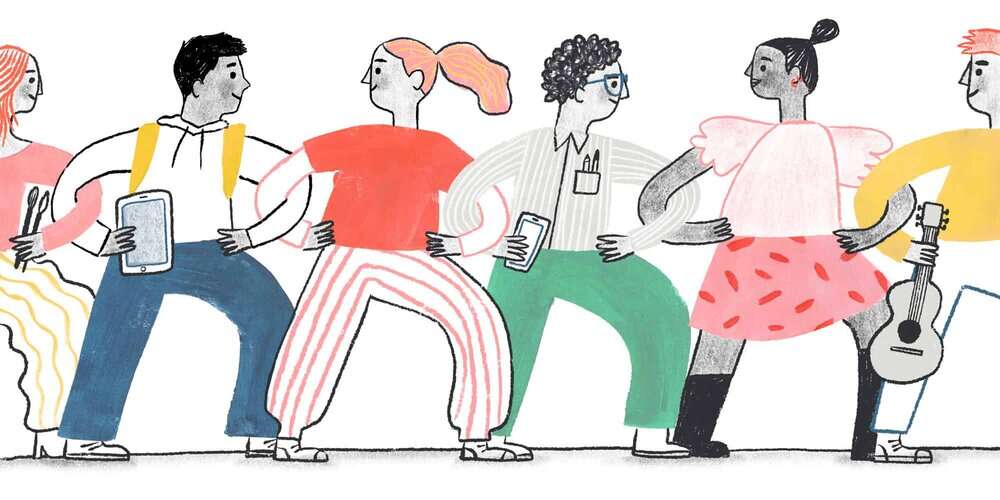Reasons Someone Might Need Help

When to seek immediate help
If you or someone you know has thoughts about suicide or about harming others, or emotions and behaviors that feel dangerous or out of control, immediately do one of the following:
- call 988 or text Opens in a new tab988lifeline.org (suicide and crisis hotline)
- text HOME to 741741 (trained crisis counselor)
- call 911
When feelings, thoughts, or behaviors interfere with school, family, friendships, and/or activities, or last for a few weeks or more, it’s a good idea to seek help. Signs and symptoms that may indicate a need to seek help can include:
Feelings
- feeling more down, sad, or worried than usual
- noticing moods fluctuating more than usual
- feeling agitated, overly restless, or overstimulated
- losing interest in activities or being with friends
- feeling overwhelmed and stressed out
- feeling hopeless or like life just isn’t worth living
Thoughts
- finding it hard to concentrate or learn
- being overly concerned about weight or body image
- unwanted, racing, or reoccurring distressing thoughts, images, or urges, such as excessive worries or visuals about something bad happening at school or to loved ones
- hearing things that other people don’t or seeing things that aren’t real
- excessive rumination on events or situations that are beyond your control
Behaviors
- sleeping much more or less than usual
- change in eating habits: dieting or exercising obsessively, undereating or overeating (including binging and purging)
- pressured speech: talking very fast, or continuing to talk when others aren’t paying attention
- changes in energy and participation: persistently elevated activity level, or withdrawing from family, friends, and/or activities you usually enjoy
- difficulty staying on task and completing assignments, or difficulty attending classes or keeping up with schoolwork
- agitation or lack of impulse control
- substance misuse
- digital media misuse
- engaging in risky, possibly dangerous behaviors like fighting, having unprotected sex, or reckless driving
- hurting oneself (such as cutting or burning) or wanting to hurt oneself or others.
— submitted by a Young Person
For Young People

Where Can You Get Help?
Discover trusted resources and people ready to support your mental health journey.
Read more about Where Can You Get Help?
If You Suspect a Friend Needs Help
Learn the signs of distress and how to compassionately reach out to friends in need.
Read more about If You Suspect a Friend Needs Help
What to Do in a Mental Health Crisis
Find essential steps and resources for responding effectively when someone needs urgent help.
Read more about What to Do in a Mental Health Crisis






